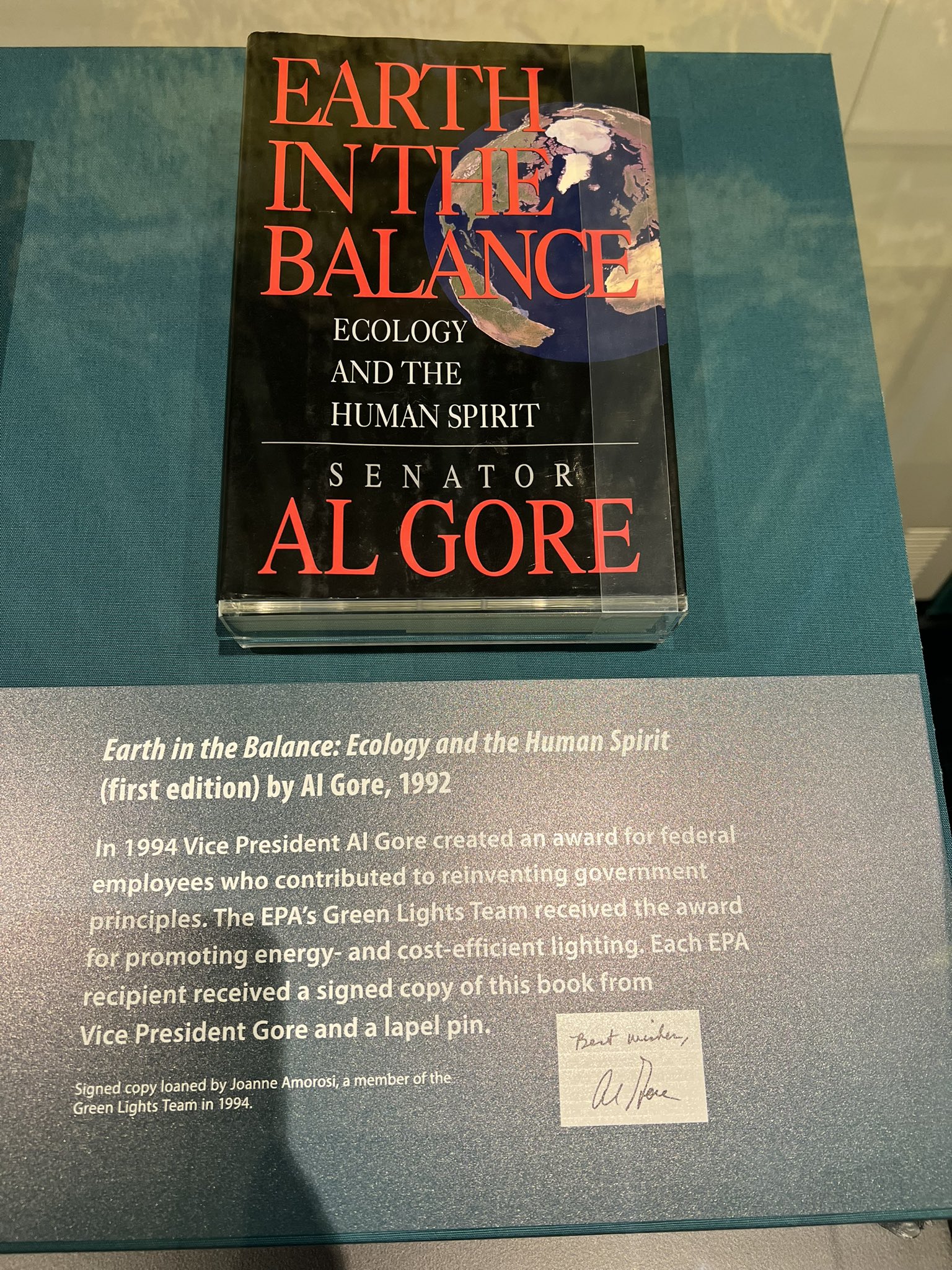The scientific community is working to make its predictions more accurate, but there’s still a long way to go.
As debate in Washington heats up over climate change and transparency in science, the National Academies of Science, Engineering, and Medicine held a quiet meeting last week to discuss just how consistent the results are across climate studies.
…
At last week’s meeting, Andrea Dutton, a scientist at the University of Florida who studies the Earth’s past climates, noted a silver lining to the hostile attention the field has received from folks who deny the reality of human-driven climate change: “This public scrutiny has, I think, helped us to up our game in all these areas and be better about being transparent.”



